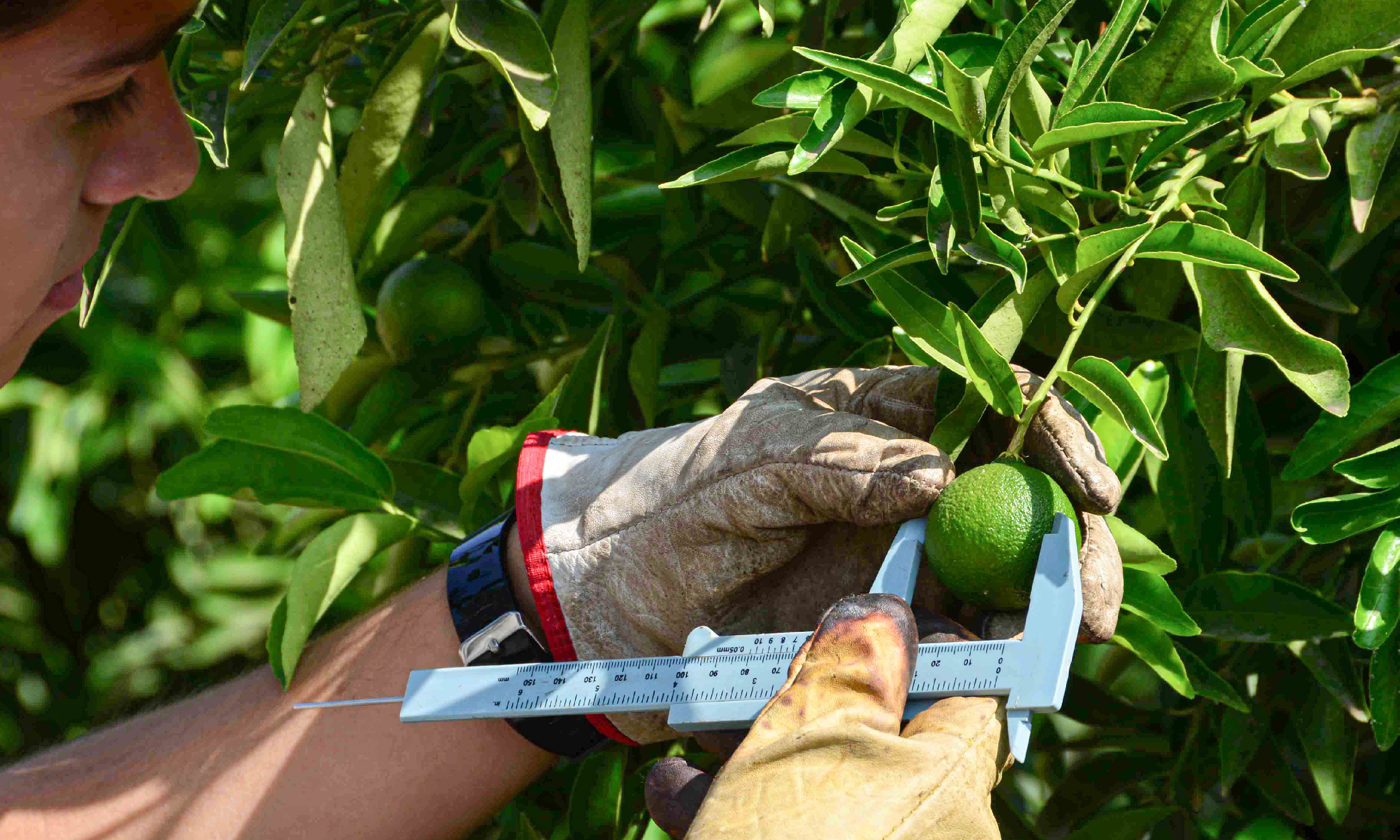During July, the “Instituto Agrícola Pascual Baburizza (IAPB)”, a technical-professional secondary school located in Calle Larga, Los Andes province, and supported by the “Fundación Educacional Luksic”, which teaches agriculture and livestock, had the opportunity to present its current learning methodology at a conference organized by the “Instituto de Estudios Avanzados en Educación de la Universidad de Chile”, which researches the development of the educational system to contribute to the achievement of a quality, inclusive and equitable education
Julio Fontán, creator of the Fontán Relational Education System (Serf), a Colombian education model taught at the IAPB, where students have the possibility of developing their own Personal Study Plan, participated in the event, which was called “Generating quality school trajectories: 30 years of experience in the world”. The education expert addressed the challenges at the cultural level involved in implementing a new personalized learning model based on autonomy.
According to Fontán, the basis of this methodology is respect, understood as the action of considering that all people are unique and different beings, with their own qualities. “Students develop differently, so educational models should not be static, but dynamic. They have to be changing as young people change,” he explained.
This is precisely what the IAPB applies, where they seek to respect each stage of development of their students and provide comprehensive support together with the best tools that will help them to build their personal and educational trajectories.
During the event, the director of the IAPB, Carlos Valderrama, also spoke, explaining that “the tutor is a kind of personal trainer who accompanies the process of each of his students in a comprehensive manner, allowing them to become aware of the strengths and weaknesses that unfold in their paths. They set goals together that challenge them to change their thoughts”.
Camila Varas, IAPB tutor coordinator, also took part and spoke about the role of teachers in the formation of students. “As educators we have a main challenge: to be able to accompany learning in decision making. We open space to the possibility of making decisions regarding their own learning processes, which implies not only what to learn, but also how, with what resources and even how to manifest, support or demonstrate it,” she said.
Finally, the co-founder and executive director of Learning One to One, author of the US book “Becoming Einstein’s Teacher”, Erika Twani, focused her presentation on the use of technology to support personalized learning and how it stimulates the brain’s neurotransmitters.
To learn more about the IAPB’s experience as an educational establishment that puts students as the protagonists of their own learning, we invite you to review more information at: https://bit.ly/3BMGwpL

